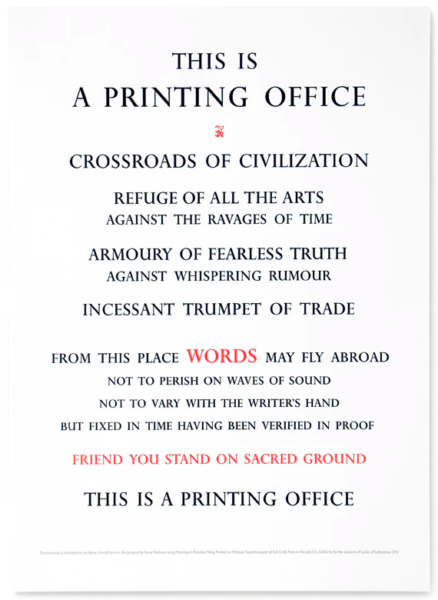At least, those who have a strong aversion to Elon Musk allowing free speech on Twitter believe things were very different back in the olden days and we can’t allow just anyone to say whatever they want in the current year, else chaos descend:
Recently, Max Boot said that social media has to be handled differently than media did in the past, because in the 1980s we only had three TV networks and we mostly communicated ideas by chiseling pictures into rocks and firing them at neighboring towns with a trebuchet. Or, I don’t know, something like that, which I talked about here.
Now a Time magazine correspondent named Charlotte Alter — more about her in a moment — says the same thing, but with different periodization:
But “free speech” in the 21st century means something very different than it did in the 18th, when the Founders enshrined it in the Constitution. The right to say what you want without being imprisoned is not the same as the right to broadcast disinformation to millions of people on a corporate platform. This nuance seems to be lost on some techno-wizards who see any restriction as the enemy of innovation.
That’s all she says about speech in the 18th century, so it beats the shit out of me what this comparison is supposed to mean, and I kind of suspect that it beats the shit out of her, too. But again, Alter’s it was different back then is no better than the last one that got on my nerves. The idea that the conflict over information now is wholly different than the conflict over information then is just the usual nonsense.
First, the Founders had just fought a revolutionary war that was born from print culture, from an explosion of written sources that were widely shared and widely contested. Someone like the Massachusetts colonial official Thomas Hutchinson absolutely thought, and said very clearly, that he was engaged in a contest with idiots who were spreading disinformation in print. I’ve already written about this, too.
Again, here’s how the historian Bernard Bailyn sums up Hutchinson’s view of the idiots and demagogues (like John Adams) that he was arguing with in the decade before the Revolution, and tell me if it sounds the slightest bit different than the current “misinformation” discourse from our own Thomas Hutchinsons: “The common run of the people, lacking the necessary education, leisure, and economic independence to make an impartial assessment of public problems, were mercurial playthings of leaders who could profit by exciting their fears.” I’m not sure if Hutchinson was Max Boot living in a past life or David French living in a past life, but I take this as clear evidence that at least one of them did, in fact, have past lives, and that they’ve been the same elitist whiner every time the wheel of existence has turned.
Second, all of the things the Founders enshrined in the Constitution were the products of a fierce and sustained rhetorical contest in print, as Federalists and Anti-Federalists — writing pseudonymously, like some asshole on Twitter — fought over the likely practical effects of their ideological differences. Brutus and Cato thought Publius was spreading disinformation, and Publius returned the favor. Newspapers all over the country reprinted their exchanges; 18th century political discourse was wide open, it was broadly disseminated, and it ran hot. If you want to argue that “free speech” in the 21st century means something different than it meant in the 18th, you have to say how. People argued then. In print. And then the arguments went out all over the place. I Swear.




